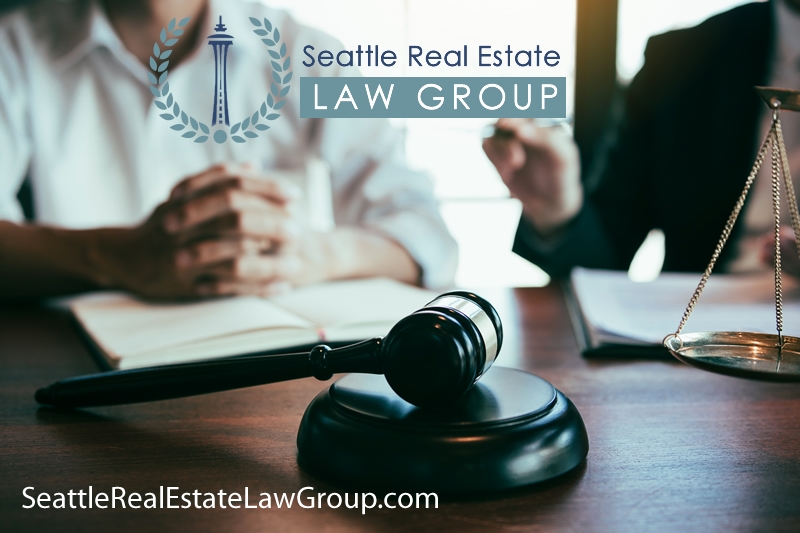Legal issues when purchasing apartment building

PURCHASING AN APARTMENT BUILDING
Investors purchasing an apartment building must analyze several legal and real estate matters before closing the purchase. A few of the most critical issues are as follows:
1. Purchase & Sale Agreement.
Commercial Purchase and Sale agreements are very different than residential agreements. Commercial properties have unique issues such as title issues, recorded agreements, easements, hazardous materials, boundary line issues, city and county assessments, lease issues, and financial performance documentation. It is vital to have a qualified real estate attorney review all terms of the Purchase and Sale Agreement and provide advice concerning: the type of title policy (standard or extended); Phase 1 Reports and other due diligence issues; leases; surveys; 1031 Exchange options; and several other legal issues.
2. Title and Form of Ownership.
There are several aspects of title related to commercial real estate. Most commercial real estate investors choose to invest in an extended title policy. Extended title policies allow buyers to tailor their title needs to fit the real estate they are buying. An extended title policy requires a survey and will enable buyers to include endorsements to their title coverage that add coverages such as utility availability, zoning, tax parcels, C, C&Rs, environmental protections, and liens. Additionally, the standard Commercial Brokers Association Purchase and Sale Agreement form include a contingency for reviewing the title policy. It is essential to have knowledgeable legal counsel review the title and timely object to title issues that may affect a buyer’s property ownership.
Also, a buyer should obtain advice concerning the form of ownership used to purchase the property. The most common choice is to form a limited liability company or “LLC.” An LLC is the most flexible form of real estate ownership and provides tax advantages and partial protection from liability. Every individual investor is different and should consult with an experienced tax advisor and real estate attorney before finalizing the Purchase and Sale Agreement and form of ownership.
3. Closing the Purchase.
After all the contingencies of the Purchase and Sale Agreement
have been satisfied or waived, the closing process requires additional due diligence and expertise. In Washington, licensed escrow firms complete the closing of a real estate purchase. The role of a real estate attorney is to draft escrow instructions that direct the escrow firm regarding the process and timing of closing the purchase. The attorney should review the closing statement, which identifies where all the funds related to the transaction are allocated; review the prorations of rent, utilities, and property taxes; draft or review the final deed transferring ownership of the property;
and confirm documents related to a 1031 Exchange, if applicable. Additionally, the real estate attorney would draft Assignments regarding the transfer of personal property, leases, and intangible property.
In conclusion, the successful purchase of an apartment or commercial building requires the drafting and reviewing several essential documents related to the transaction. These documents have an important impact on the security and legal sufficiency of the purchase that will last the entire life of the investment.
Real estate services are available in King County, Washington. Connect with Seattle’s Real Estate Lawyer today!
Related Posts
Earnest Money
- Residential Real Estate Purchase and Sales Agreements;
- Real Estate Broker, Title, and Escrow Matters;
- Commercial Real Estate Acquisitions and Sales;
- Real Estate Lending and Seller-Financed Sales;
- Landlord-Tenant Property Sales;
- For Sale By Owner Transactions;
- Sales Without a Real Estate Broker
Learn more about Seattle Real Estate Law Group

